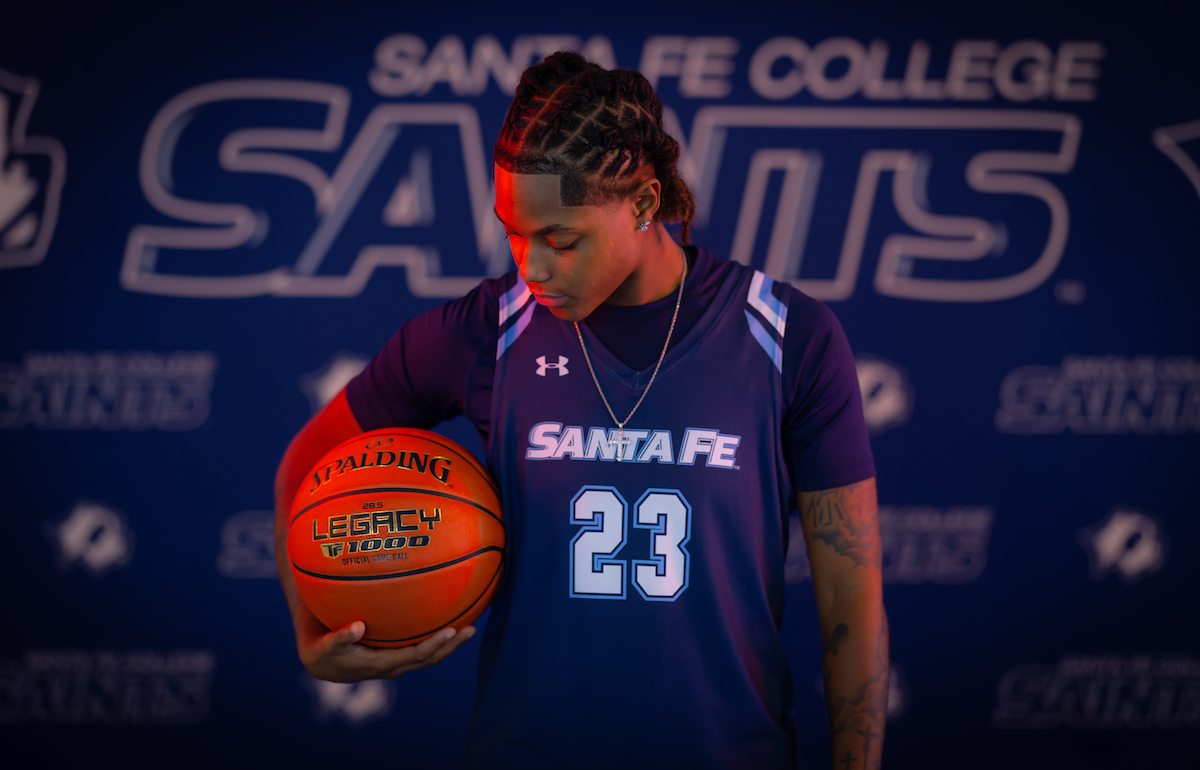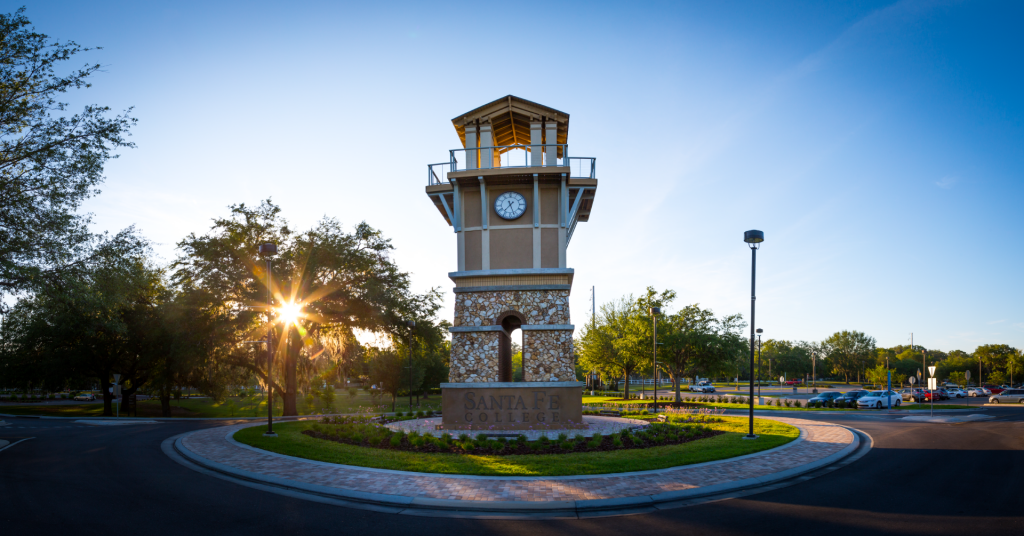July 2020 Leaders and Movements: Week Four
July 17, 2020
July 2020 Leaders and Movements: Week Four
The United States of America is an ever-evolving work-in-progress. Social unrest and
activism always come before major victories for justice and equality. While we acknowledge
the founding of this nation on July 4, we're spending the entire month of July highlighting
the leaders and movements who pushed this country towards living up to the ideals
it was founded upon – "life, liberty, and the pursuit of happiness."
July 20
Marsha P. Johnson was a gay liberation activist and self-identified drag queen. Known
as an outspoken advocate for gay rights, Johnson was one of the prominent figures
in the Stonewall uprising of 1969. A founding member of the Gay Liberation Front,
Johnson co-founded the radical activist group Street Transvestite Action Revolutionaries
alongside close friend Sylvia Rivera. Johnson modeled for Andy Warhol and was a welcoming
presence in the streets of Greenwich Village, known as the "mayor of Christopher Street".
Marsha P. Johnson would say the "P" stood for "pay it no mind," when questioned about
gender. Johnson received leftover flowers after sleeping under tables used for sorting
flowers in the Flower District of Manhattan and was known for wearing crowns of fresh
flowers. In 1973, Johnson and Rivera were banned from participating in New York City's
gay pride parade by the gay and lesbian committee who stated they "weren't gonna allow
drag queens" at their marches claiming they were "giving them a bad name." Johnson
and Rivera responded by marching defiantly ahead of the parade.
The Marsha P. Johnson Institute promotes the arts and community organizing in honor
of Marsha's commitment to human rights and focuses on uplifting Black trans people.
You can follow and support their work on Instagram.
July 21
Scott Camil is an anti-war activist who first gained prominence as an opponent of
the Vietnam War and as a witness in the Winter Soldier Investigation. He enrolled
in the Marines while still in high school and entered boot camp three days after graduating.
He served with the Marines from 1965 to 1969, earning numerous medals and distinctions
during two tours in Vietnam. He was a sergeant when honorably discharged.
After his discharge from military service, Camil enrolled with Miami-Dade Community College on the G.I. Bill, and later transferred to the University of Florida. While studying at UF, he heard Jane Fonda speak critically of the United States government's actions in Vietnam. This was when he learned about the Winter Soldier Investigation, in which returning personnel recounted the atrocities committed against combatants and non-combatants in Vietnam.
In 1972, Camil was part of a group known as the "Gainesville Eight" that were charged with conspiracy to disrupt the Republican National Convention. A jury determined that their goal was to protect the rights of protesters, and they found the eight men not guilty. He graduated from UF during the trial. Camil and Gainesville's chapter of Veterans for Peace organize the Memorial Mile on Northwest Eighth Avenue in Gainesville every Memorial Day weekend.
July 22
Sacheen Littlefeather was an Apache actor and activist for Native American rights.
On March 27, 1973, she represented Marlon Brando at the 45th Academy Awards to decline
the Best Actor award for his performance in The Godfather. Brando boycotted the ceremony
in protest of Hollywood's portrayal of Native Americans and to draw attention to the
standoff at Wounded Knee.
The Wounded Knee incident occurred in early 1973, when approximately 200 Oglala Lakota
and followers of the American Indian Movement seized and occupied the town of Wounded
Knee, South Dakota, for 71 days. Riots followed the failure of an effort of the Oglala
Sioux Civil Rights Organization to impeach tribal president Richard Wilson, whom they
accused of corruption and abuse of opponents. Rioters also criticized the United States
government's failure to fulfill treaties with Native American people and demanded
the reopening of treaty negotiations to hopefully arrive at fair and equitable treatment
of Native Americans.
After the Academy Award speech, Sacheen Littlefeather worked in hospice care and continued
activism for a number of health-related and Native American issues, and produced films
about Native Americans. You can watch her speech at the 1973 Oscars here:
July 23
Elaine Brown is an American prison activist and former Black Panther Party chairwoman.
Brown became involved in civil rights activism from a young age. In April 1968, after
the assassination of Martin Luther King Junior, she attended her first meeting of
the Los Angeles chapter of the Black Panther Party. She soon helped the Party set
up its first Free Breakfast for Children program in Los Angeles, as well as the Party's
initial Free Busing to Prisons Program and Free Legal Aid Program.
When Party leader Huey Newton fled to Cuba in 1974 in the face of murder charges, he appointed Brown to lead the Party. The only woman to do so, Elaine Brown chaired the Black Panther Party from 1974 until 1977. During Brown's leadership of the Black Panther Party, she focused on electoral politics and community service. Learn about significant Black Panther Party programs from the Atlanta Black Star.
July 24

Larry Kramer was a playwright, public health advocate, and LGBT rights activist. As an accomplished author, Kramer witnessed the spread of the disease later known as AIDS among his friends in 1980. He co-founded the Gay Men's Health Crisis, the world's largest private organization assisting people living with AIDS. His political activism continued with the founding of the AIDS Coalition to Unleash Power (ACT UP) in 1987, an influential direct-action protest organization. ACT UP has been widely credited with changing public health policy and the perception of people living with AIDS, and with raising awareness of HIV and AIDS-related diseases.
Kramer believed the United States' government failed to respond quickly to cure AIDS, largely because the disease initially infected gay men, and, quite soon after, predominantly poor and politically powerless minorities. Kramer and infectious disease expert Anthony Fauci had a public friendship that began as adversaries when Fauci was responsible for managing the AIDS crisis for the National Institutes of Health. When Larry Kramer passed away in May 2020, Fauci wrote a remembrance of Kramer for Time.
July 25
Bridgetta Bourne-Firl is currently the community education coordinator at the California
School for the Deaf. In 1988, She was one of the student organizers of the Deaf President
Now protests at Gallaudet University, the world's first university for deaf and hard
of hearing students. The protest began when the Board of Trustees announced its decision
to appoint a hearing candidate over other highly qualified Deaf candidates as its
seventh president. The University never had a deaf president in their 124-year history.
Gallaudet students shut down the campus and gave interviews to the press demanding
four specific concessions from the Board. The protest ended a week later after all
four demands were met including the appointment of a deaf person as university president.
The protests fueled efforts around Deaf rights for years to come and helped galvanize
efforts to pass the Americans With Disabilities Act.
Bridgetta Bourne-Firl was heavily involved with college politics and once ran for Student Government leadership. After receiving her master's from Gallaudet, Bourne-Firl worked as coordinator of professional and community training at the National Academy, and as coordinator for conference management at Gallaudet. A lifelong activist, she received the National Association for the Deaf's "Flying Fingers" award for her work with the Americans with Disabilities Act.
Gaudallet has a comprehensive online exhibit of the student protests, including copies of protest fliers, rally agendas and meeting minutes, and a collection of letters of support from national leaders. This serves as an outstanding example of impactful student activism.
July 26
David Graeber is a professor of anthropology at the London School of Economics and
an anarchist activist. Graeber was a leading figure in the 2011 Occupy Wall Street
movement, a protest movement against economic inequality that began in New York City's
Wall Street financial district in response to U.S. financial institutions' role in
the Great Recession. To achieve their goals, protesters acted on consensus-based decisions
made in general assemblies. Graeber facilitated general assemblies, attended working
group meetings, and organized legal and medical training and classes on nonviolent
resistance for protestors.
Graeber is sometimes credited with having coined the slogan, "We are the 99 percent," which refers to income and wealth inequality in the U.S. between the wealthiest 1% and the rest of the population. Graeber corrects this myth in his online bio: "No, I didn't personally come up with the slogan 'We are the 99%.' I did first suggest that we call ourselves the 99%. Then two Spanish Indignados and a Greek anarchist added the 'we' and later a Food Not Bombs veteran put the 'are' between them. And they say you can't create something worthwhile by committee!"
In this short animation, Graeber investigates the philosophical underpinnings of employment, and calls for a reformulation of what work should be:
July 27
In 2013 after the acquittal of Trayvon Martin's killer, the #BlackLivesMatter movement
was launched by three community organizers: Alicia Garza, Patrisse Cullors, and Opal
Tometi. Garza, Cullors and Tometi met through a national organization that trains
community organizers. In response to what they saw as the devaluation of black lives
after Zimmerman's acquittal, Garza wrote a post titled "A Love Note to Black People"
in which she said: "Our Lives Matter, Black Lives Matter". Cullors replied: "#BlackLivesMatter."
The movement became nationally recognized for street demonstrations following the 2014 deaths of two Black men: Michael Brown in Ferguson, Missouri and Eric Garner in New York City. Since the Ferguson protests, participants in the movement have demonstrated against the deaths of numerous other Black people by police actions and/or while in police custody. The movement returned to national headlines and gained further international attention during the global outcry and uprisings against the killing of George Floyd in Minneapolis, Minnesota.
BLM claims inspiration from the civil rights movement, the Black Power movement, the 1980s Black feminist movement, pan-Africanism, the Anti-Apartheid Movement, hip hop, LGBTQ social movements, and Occupy Wall Street. BLM exists as a decentralized network with dozens of chapters and partner organizations worldwide and separate similarly focused organizations such as Dream Defenders and Assata's Daughters. BLM advocates against police violence towards Black people and policy changes related to Black liberation.
In this TED conversation, the movement's three founders share what they've learned about leadership and what provides them with hope and inspiration in the face of painful realities:


